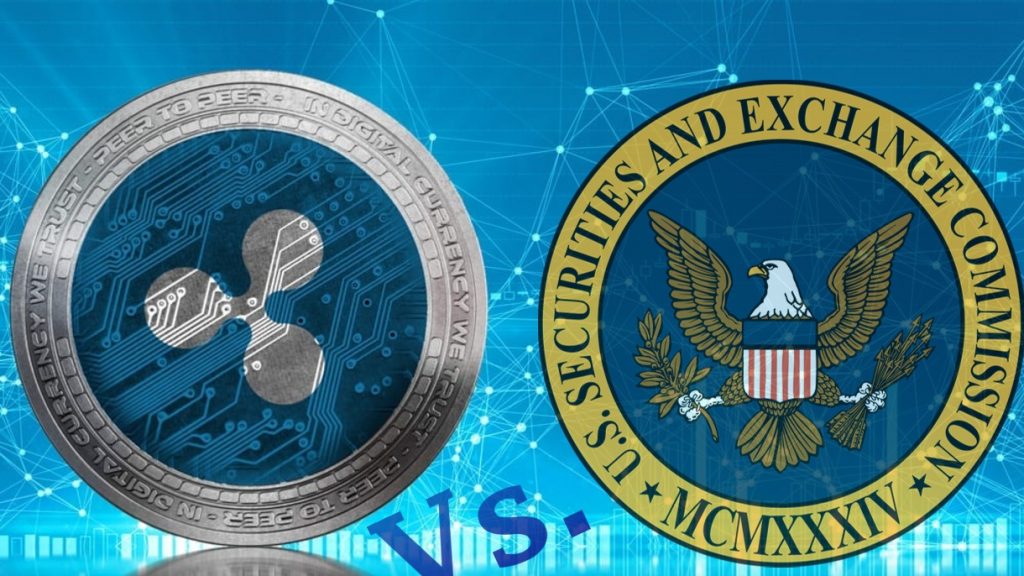Ripple’s Legal Troubles with the SEC and XRP Price Decline
The U.S. Securities and Exchange Commission (SEC) has filed a lawsuit against Ripple Labs, alleging that the company conducted unregistered securities sales by offering XRP tokens. This legal battle has not only shaken investor confidence but also led to a significant drop in XRP’s price, causing widespread ripples in the cryptocurrency market.
Details of the SEC Lawsuit Against Ripple
According to the SEC, Ripple and two of its executives raised over $1.3 billion through unregistered digital asset securities offerings. The agency asserts that XRP is a security, not a currency, and therefore required prior regulatory approval for its distribution.
Key Allegations in the Lawsuit:
- Ripple violated U.S. securities laws by failing to register its XRP token offerings.
- The company’s actions misled investors about the token’s regulatory compliance.
Since the lawsuit’s announcement, XRP’s price has plummeted:
- Dropping from $0.56 on December 21 to approximately $0.28 by December 24.
- Slight recovery on December 25, trading at $0.33.
Ripple and R3 Settlement Resurfaces
The SEC lawsuit has also brought to light Ripple’s 2018 private settlement with R3, a prominent blockchain company. The legal conflict between Ripple and R3 centered on a contractual agreement allowing R3 to purchase 1.04 billion XRP tokens.
Key Points of the Ripple-R3 Dispute:
- R3’s Claims: Accused Ripple of failing to deliver 5 billion XRP tokens as agreed.
- Ripple’s Defense: Alleged that R3 entered the agreement under false pretenses.
- Outcome: R3 emerged victorious in a Californian court, leading to a private settlement in 2018.
While the exact settlement amount remains undisclosed, Ledger Insights estimates the value of 1.04 billion XRP during the option expiry (January to September 2019) ranged between $240 million and $470 million, based on XRP’s price of $0.24 to $0.47 during that period.
The Ripple Effect on XRP
The SEC’s lawsuit has caused a dramatic fallout for Ripple and XRP:
-
Market Confidence Erosion:
- XRP’s price has dropped by 50%, reflecting investor skepticism about the token’s future.
- Exchanges have begun delisting or suspending XRP trading, adding to the token’s woes.
-
Legal and Financial Implications:
- Ripple faces the potential of hefty fines and operational restrictions if found guilty.
- The lawsuit sets a precedent for other cryptocurrencies facing similar regulatory scrutiny.
The Broader Impact of SEC’s Action
Ripple’s legal battle underscores the growing regulatory focus on cryptocurrencies and their classification. The SEC’s position that XRP is a security rather than a currency raises broader questions about the legal standing of other digital assets.
Potential Ripple Effects on the Industry:
- Stronger Regulatory Frameworks: Other crypto projects may seek clearer compliance guidelines to avoid legal disputes.
- Investor Caution: Increased scrutiny may deter speculative investments in cryptocurrencies.
Conclusion
The SEC’s lawsuit against Ripple marks a critical juncture in cryptocurrency regulation, with significant implications for XRP and the broader digital asset ecosystem. Ripple’s past disputes with R3 and the current allegations have brought both its business practices and XRP’s legitimacy under the spotlight.
As the case unfolds, the outcome could set a precedent for how cryptocurrencies are regulated in the United States, potentially reshaping the future of blockchain technology.
To learn more about the innovative startups shaping the future of the crypto industry, explore our article on the latest news, where we delve into the most promising ventures and their potential to disrupt traditional industries.
Disclaimer: The information provided is not trading advice, Bitcoinworld.co.in holds no liability for any investments made based on the information provided on this page. We strongly recommend independent research and/or consultation with a qualified professional before making any investment decisions.

